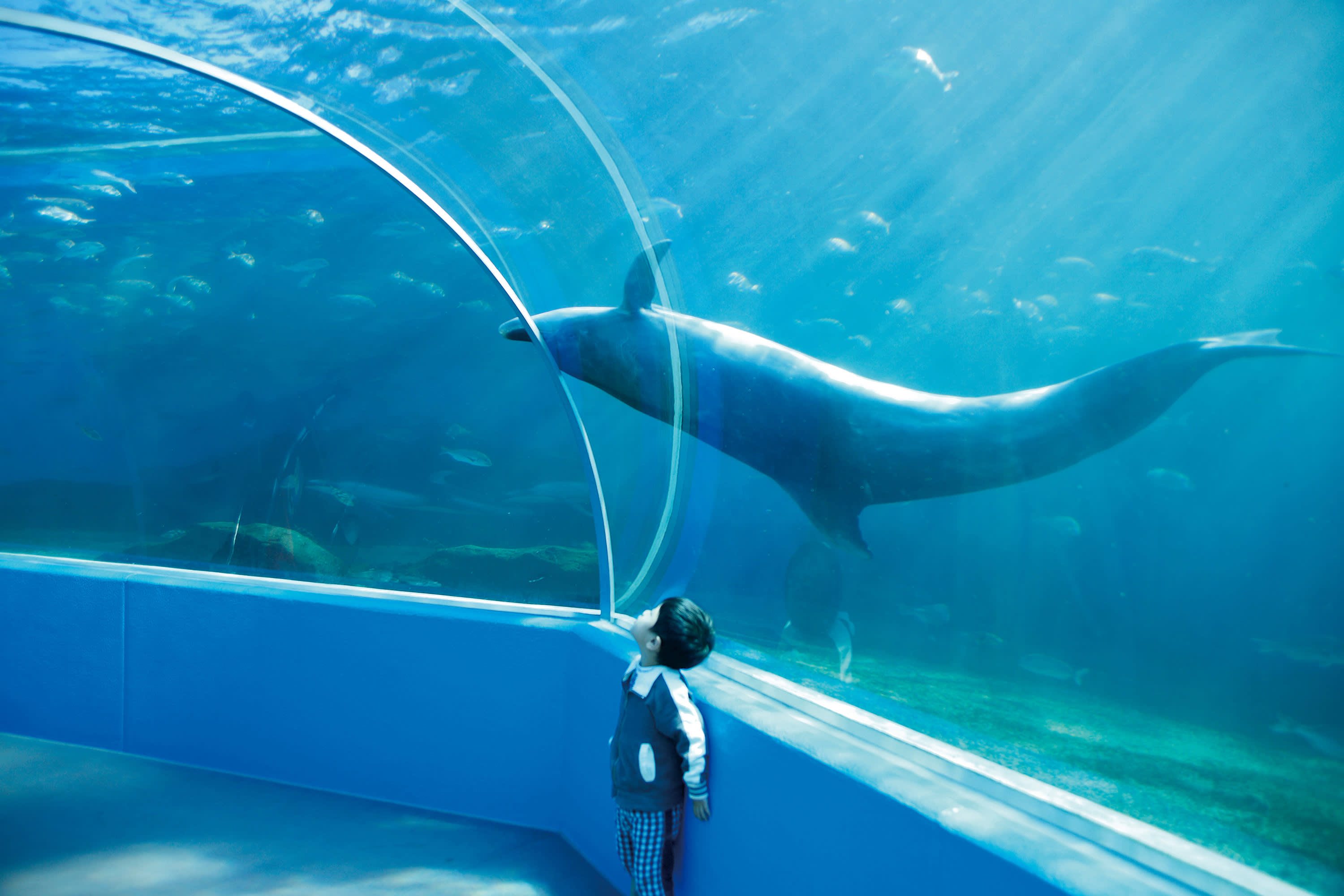
PLAN YOUR TRIP
FAQ
Why should I visit Ishikawa?
Ishikawa combines rich history, spectacular cuisine, traditional and modern art, abundant hot springs, and year-round natural beauty. It’s a diverse destination, so no two visits are exactly alike. Come and find your own Ishikawa.
Read more about why you should visit Ishikawa.
What is the best time of year to visit Ishikawa?
Ishikawa is truly a year-round destination. Each season brings unique charms, such as snow crab and white landscapes in winter, cherry blossoms in spring, spirited festivals in summer, and multicolored foliage in autumn. Some holiday periods, like Golden Week at the beginning of May, can be busier, so we recommend booking well in advance.
How long should I spend in Ishikawa?
Any length of stay is sure to be rewarding. Ishikawa’s three distinct areas provide plenty to discover on a longer itinerary, particularly with a road trip or extended stay at a hot-spring resort. However, the prefecture’s bullet train service and two airports make a short trip easy and enjoyable as well.
Check out some sample itineraries.
Is Ishikawa easy to get around?
Yes! Most of Ishikawa’s main hubs are linked by train, and local buses link many major sightseeing spots. There is a variety of unlimited transit passes that can be a great bargain depending on the itinerary. For exploring the less-developed parts of the prefecture, such as the Noto Peninsula, renting a car is highly recommended. Some areas are easily explored by bicycle, and rentals are available at spots around Ishikawa.
Check out our Getting Around Ishikawa page for more information.
Can I use my Japan Rail Pass in Ishikawa?
The Japan Rail Pass is useful for getting to Ishikawa, as it covers the shinkansen from Tokyo and limited express trains from Kyoto, Osaka, and Nagoya. Once in Ishikawa, the pass can be used on JR trains that link Kaga Onsen, Kanazawa, Nanao, and Wakura Onsen.
Where are the less "touristy" parts of Ishikawa?
Ishikawa has retained its local, authentic feel. There are fewer tourists here than at similarly significant destinations, even at major sightseeing spots. The rural Noto Peninsula and parts of the Kaga area are even farther off the radar of many visitors. These parts retain unspoiled nature, deep heritage, rural charm, and traditional lifestyles.
Should I visit parts of Ishikawa outside Kanazawa?
Of course! Kanazawa is bursting with culture, but it is just one part of Ishikawa’s charm. Outside Kanazawa, rural lifestyles, idyllic landscapes, rejuvenating hot springs, and local heritage beckon. Don’t miss the opportunity to visit the Noto Peninsula and Kaga area while in Ishikawa.
What's the weather like in Ishikawa? What should I wear?
The weather in Ishikawa changes dramatically with the seasons. Spring and autumn are generally cool and comfortable, particularly with a sweater or light jacket. Summer can be quite hot and humid. Come prepared for a bit of rain, particularly during rainy season from June to mid-July. Winter is cold and, unlike many cities along Japan’s Pacific coast, experiences regular snowfall. Bring warm clothing and proper footwear.
Where should I stay in Ishikawa?
Kanazawa is the main gateway to Ishikawa. It has a wide variety of accommodations and good transport links to the rest of the prefecture. However, staying in the Kaga area or the Noto Peninsula opens up new experiences, different styles of lodging, and the ability to explore less-developed locales.
Read more on our Where to Stay page.
What should I eat in Ishikawa?
Ishikawa is renowned for its cuisine. Seafood, including snow crab, abalone, sweet shrimp, and amberjack, is a major draw. Naturally, these catches feature in high-quality sushi and kaiseki courses. Noto beef, Kaga vegetables, and locally produced salt are also prominent in Ishikawa’s local fare, called Kaga-ryori.
Are there hot springs in Ishikawa?
Yes! Ishikawa is dotted with hot-spring resort towns of diverse sizes and characteristics. There are many onsen villages around the Kaga area. Other hot-spring destinations include Wakura Onsen in the Noto Peninsula, Yuwaku Onsen near Kanazawa, and Ichirino Onsen in Hakusan.
What is the nightlife like in Ishikawa?
Nightlife in Ishikawa is diverse. Kanazawa, especially the Katamachi district, has modern, big-city bars, pubs, clubs, and izakaya catering to a wide variety of tastes. There are traditional izakaya, local watering holes, illumination events, fireworks festivals, and many other nighttime activities around the prefecture.
